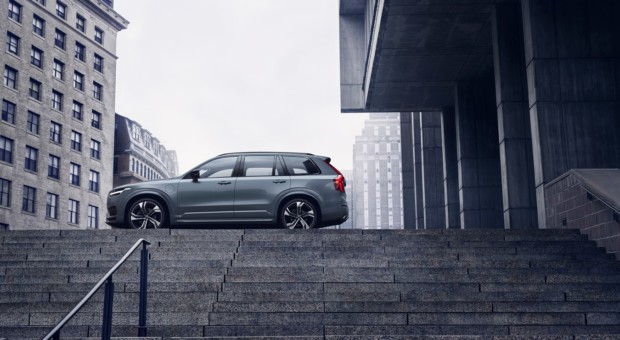
When it comes to buying a used car, there are many factors to consider. While getting a good deal is important, it’s also essential to think about the car’s future value, particularly when it comes to resale.
After all, the last thing you want is to be stuck with a car that’s difficult to sell when the time comes to upgrade. In this article, we’ll explore why considering a used car’s potential resale value is crucial and what to look for when making your purchase.
Why consider resale value when buying a used car?
The simple answer is that resale value is a critical factor in the overall cost of ownership. The more a car retains its value over time, the less you’ll lose when you sell it, which means you’ll have more money available to put towards your next car.
Additionally, having a car with good resale value can also be an advantage when it comes time to trade it in. If you’re looking to upgrade to a newer car and your old one has held its value well, you may be in a better position to negotiate a good trade-in price.
What affects resale value?
When it comes to determining a car’s resale value, several factors come into play. Some of the most important include:
- Brand reputation: A car from a well-regarded brand is more likely to hold its value than one from a less established brand.
- Model reputation: Certain models are known for their longevity and reliability, which can have a positive impact on their resale value.
- Maintenance costs: Cars that are expensive to maintain or repair will likely have lower resale values.
- Popularity: Cars that are in high demand are more likely to hold their value than those that are not.
How to choose a used car with good resale value
Now that we understand why considering resale value is important, let’s take a look at how you can choose a used car that will hold its value well.
- Do your research: Start by researching the models you’re interested in, looking at factors such as brand reputation, model reputation, and popularity.
- Look at the car’s history: Make sure you review the car’s history, including its service records and any accidents or repairs. This information can provide insight into how well the car has been maintained and how it has been used.
- Consider the car’s condition: A used car that’s in good condition is more likely to hold its value than one that’s not. Look for signs of wear and tear, such as rust, dents, or scratches, and make sure you test drive the car to assess its performance.
- Look for cars with low mileage: Cars with low mileage tend to hold their value better than those with high mileage, as they have less wear and tear.
- Consider the car’s features: Cars with features such as air conditioning, power windows, and power locks tend to hold their value better than those without.
In conclusion, when buying a used car, it’s important to consider its potential resale value. By researching the car’s brand, model, and history, and examining its condition and features, you can ensure you make a smart purchase that will hold its value over time.
By considering resale value, you’ll be able to make the most of your investment and ensure you have the funds you need when it comes time to upgrade.
















